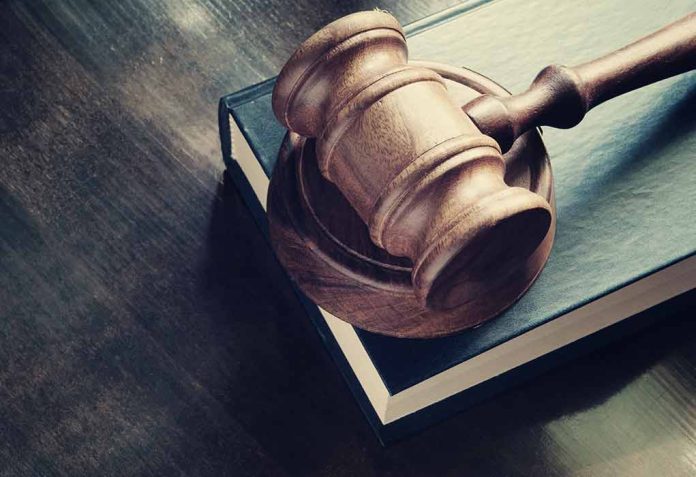
Steve Bannon’s guilty plea for defrauding donors in a private border wall fundraising highlights the complexities of legal and ethical accountability.
Key Takeaways
- Steve Bannon admitted to fraud in “We Build the Wall” fundraiser.
- Bannon avoided jail through a plea deal with a three-year conditional discharge.
- The case highlights discrepancies between fundraising promises and disbursement.
- Other organizers faced jail sentences and hefty restitution fines.
Fraudulent Fundraising
Steve Bannon, former White House chief strategist, pleaded guilty to a scheme to defraud donors related to fundraising for a southern border wall. The campaign, known as “We Build the Wall,” raised over $15 million, promising that the funds would be exclusively used to build the wall’s segments. However, much of the money was secretly diverted for the personal benefit of Bannon and his associates. This case underscores the issues surrounding unauthorized redirection of charitable donations for private gain.
Bannon admitted to his fraudulent acts under the legal charges brought forward, consequently avoiding a prison sentence. Instead, he is required to abide by a three-year conditional discharge, emphasizing adherence to legal standards. Under this agreement, he must also refrain from participating in certain roles within New York charities and from using the donor data obtained through the fundraising activities. These precautions aim to ensure that similar infractions do not happen in the future.
Discrepancies and Deferred Justice
Bannon’s sentence was markedly different from his co-defendants, who faced more severe penalties, including imprisonment and large restitution payments. Brian Kolfage, “We Build the Wall” president, and others received multi-year sentences and were ordered to pay millions in restitution to repay defrauded donors. These sentences reflect the judicial system’s commitment to corrective justice for those misled by fraudulent schemes. Bannon, initially pardoned by President Trump for the federal charges, faced new state charges leading to his current predicament.
“I made a promise not to personally benefit and I broke that promise” – Brian Kolfage
Bannon expressed satisfaction with the outcome and highlighted his intention to seek an inquiry into the roles of the New York Attorney General and the Manhattan District Attorney in this case. His attorney, Arthur Aidala, lauded the plea deal as favorable, portraying it as a win for Bannon, given the alternative of potential imprisonment. Despite this conclusion, the saga leaves many questioning both the ethical implications of such fundraising campaigns and the mechanisms of accountability for those who exploit generous donors.
Ongoing Implications and Future Measures
Manhattan District Attorney Alvin Bragg emphasized the necessity of safeguarding charities from fraudulent practices. He noted the imperative of upholding trustworthy charitable operations both to protect donors and to ensure that charitable initiatives achieve their declared objectives. The complexities revealed in Bannon’s case and the discrepancies between promises and fiscal realities serve as a reminder of the importance of transparency and accountability in charitable campaigns. As legal measures against fraudulent fundraising continue to be enforced, potential donors are urged to scrutinize the financial practices of charitable organizations to prevent exploitation.
“New York has an important interest in rooting out fraud in our markets, our corporations, and our charities, and we will continue to do just that” – Bragg
The saga of “We Build the Wall” and Steve Bannon’s involvement exemplifies the challenges surrounding private fundraising for public projects. While Bannon dodges imprisonment, the repercussions of this campaign continue to reverberate, affecting both the individuals involved and the broader implications for donor integrity and project accountability.
Sources
1. Steve Bannon Pleads Guilty in Border Wall Fraud Case
2. Steve Bannon admits to fraud in $15M ‘We Build the Wall’ case, avoids jail time




